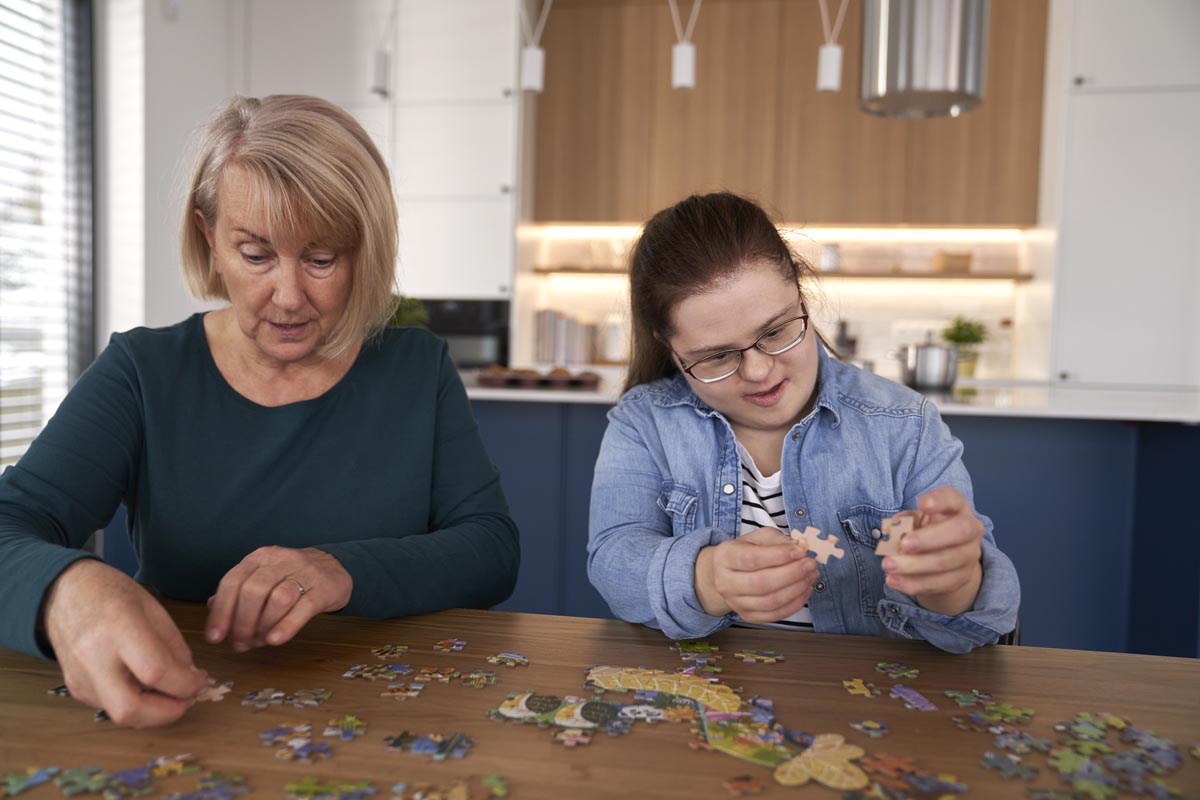Navigating the world of direct support can be as thrilling as it is challenging. As a Direct Support Professional (DSP), you’re often at the forefront, tackling complex situations with individuals who may have varying degrees of disabilities or special needs. This article aims to equip you with essential strategies and insights on how to handle difficult situations effectively while building trust and rapport with those you support.
Understanding the Role of a Direct Support Professional
What Does a Direct Support Professional Do?
A Direct Support Professional is more than just a caregiver; they are advocates, companions, and trainers rolled into one. DSPs empower individuals by helping them engage in daily activities while promoting independence.
Key Responsibilities of a DSP
The role is multi-faceted and often includes:
- Assisting with personal care Supporting communication efforts Facilitating community involvement Helping with skill development Managing behavioral challenges
How to Handle Difficult Situations as a Direct Support Professional
Difficult situations can arise in many forms—from behavioral outbursts to health crises. Understanding the best practices for handling these scenarios can significantly impact your effectiveness as a DSP.
Recognizing Signs of Distress
Behavioral Cues
When supporting individuals, being attuned to their behavioral cues is crucial. Often, signs such as increased agitation or withdrawal can indicate discomfort or distress.

Verbal Communication Indicators
Listen closely to what individuals say. If their language changes—becoming more aggressive or withdrawn—it could signal underlying issues that need addressing.
Approaching Difficult Conversations
Building Rapport Before Challenges Arise
Establishing strong relationships lays the groundwork for open communication during tough times. Engage in regular conversations that build trust.
Using Active Listening Techniques
Active listening shows respect and can help de-escalate tense situations. Techniques include nodding, summarizing what the individual says, and validating their feelings.
De-escalation Techniques for Direct Support Professionals
Staying Calm Under Pressure
Your demeanor can greatly influence the situation. Maintaining a calm presence helps reassure those you support that everything will be okay.
Strategic Breathing Exercises
Teach simple breathing techniques both for yourself and those you're supporting. Deep breaths can help reduce anxiety levels significantly.
Offering Choices to Empower Individuals
Empowerment comes from choice. When feasible, present options to individuals facing difficulties; this fosters independence and confidence.
Crisis Management Strategies for DSPs
Developing an Action Plan
Having a plan in place helps manage crises effectively. Key components of an action plan include:
Identifying triggers Establishing clear protocols Training staff on crisis management
Utilizing Available Resources and Support Systems
Whether it’s calling upon other team members or accessing professional help, knowing when and how to seek assistance is vital in managing crises effectively.
Emotional Resilience: A Key Trait for Direct Support Professionals
Understanding Your Emotional Triggers
Self-awareness plays an important role in managing your reactions during difficult situations. Identifying your emotional triggers allows you to respond rather than react impulsively.
Practicing Self-Care Regularly
In caring for others, it's easy to neglect oneself; however, self-care practices such as exercise, meditation, or hobbies are paramount for maintaining emotional resilience.

Communication Skills Essential for DSPs
Non-Verbal Communication Techniques
Body language speaks volumes! Being mindful of your non-verbal cues—like eye contact and posture—can enhance your interactions significantly.
Adapting Communication Styles
Different individuals have different communication preferences; adapting your style accordingly ensures that everyone feels heard and respected.
Engaging Family Members in Care Plans
Importance of Family Involvement
Family members play an integral role in an individual’s support system. Engaging them fosters collaboration which can lead to smoother handling of difficult situations.
Communicating Effectively with Families
Regular updates on progress, challenges faced, and involvement opportunities create transparency and trust between families and DSPs.
Fostering Independence Through Skill Development
Teaching Life Skills Gradually
Life skills training not only empowers individuals but also reduces dependency on caregivers over time—making challenging moments less frequent!
Celebrating Small Victories
Recognizing achievements strengthens motivation; even small successes deserve celebration!
How Cultural Competency Influences Direct Support Work
Understanding Diverse Backgrounds
Cultural competency involves awareness of how cultural backgrounds shape behavior patterns—this understanding enhances interactions during difficult times.
Adapting Approaches Based on Cultural Contexts
Tailoring your approach according to cultural contexts deepens connections with those you serve while minimizing misunderstandings during stressful encounters. Direct Support Professional in Forest Grove Essential Services
Mental Health Awareness in Direct Support Roles
Recognizing Signs of Mental Health Issues
It's critical to recognize mental health indicators such as anxiety or depression symptoms among those supported.
Supporting Mental Wellness
Encourage healthy coping mechanisms like mindfulness practices which aid emotional regulation during turbulent moments.
How Technology Can Enhance Your Role
Technology has revolutionized direct support work through various tools designed specifically for monitoring behaviors or communicating effectively with clients.
Training Opportunities Available For DSPs
Continuous education enriches knowledge about best practices relevant to navigating challenging circumstances encountered daily!
# FAQs
What do I do if someone becomes aggressive?
Remain calm, try using de-escalation techniques mentioned earlier until they feel safe again before discussing underlying issues later on!
How do I maintain professional boundaries?
Set clear expectations from day one regarding roles/responsibilities while ensuring open lines of communication throughout the relationship development process!
Can I involve family members in care plans?
Absolutely! Collaborating fosters transparency enhances overall success towards meeting goals together efficiently!
Is self-care really necessary?
Definitely! Caring professionally requires mental stamina so taking time off helps recharge both emotionally & physically rejuvenates focus back towards providing quality service again!

What should I do if I feel overwhelmed?
Seek support from supervisors/peers whenever needed—sharing experiences provides relief & solutions not always visible alone!
How does technology assist my role?
Innovative tools streamline documentation processes tracking client progress easily enhances timely interventions made effective!
Conclusion: Empowering Yourself As A DSP
Being a Direct Support Professional is no walk in the park—it demands resilience, empathy, adaptability, patience…you name it! However mastering skills outlined within this guide equips you better navigate complexities encountered along this adventurous journey ahead! Embrace each challenge knowing every experience builds confidence capable influencing positive transformations amongst those supported every single day! Remember: you're not alone; rely on resources available around you constantly fostering growth within yourself too!